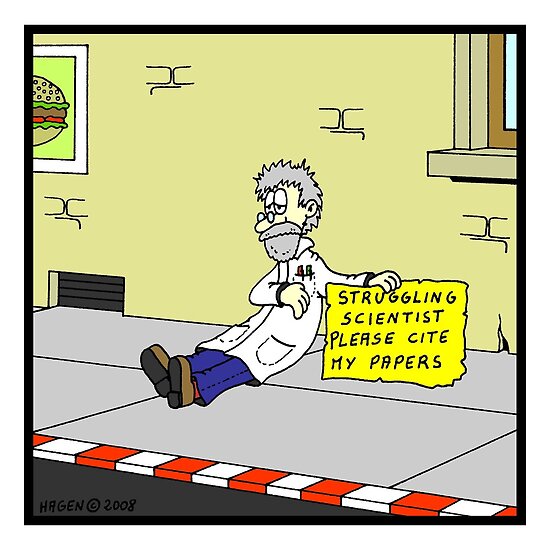It always amazes me at the amount of stuff some teachers seem to carry home every night and back into school the next day. They also are amazed at the fact that 95% of the time, I'm not carrying anything either way (except maybe my lunch). Two teachers asked me about this the other day and were shocked at why I don't have to carry things home to work on. I decided I'd also share that explanation here.
Most of what teachers are carrying with them is their grade book, lesson plan book, student work to grade, lesson resources, textbooks, and the like. I've been able to escape all of that because of my use of technology. Technology has saved me from carrying lots of things around (which is good since I have two herniated discs in my back - too many years as a paramedic). It's also part of my quest for going paperless, which is only hampered by student computer access.
Here's my list of tools, resources, and reasons why I don't have to carry stuff back and forth between home and school:
1. I teach science and use project based learning - there isn't much paper work for me to grade from my students. The only thing they don't do electronically is their problem sets and those I check in class. Their tests are paper based, but I correct those after school before going home. In rare occasions, tests are what I would be carrying home to finish grading. The lab reports, online work, and projects are all written up electronically and send to me either by email,
DropItToMe or through another system. I can access this work anywhere, including on my
smartphone, to review, grade and give feedback.
2. I don't use a
textbook with the class, instead using online resources - I use digital resources with the class -Google Docs,
Discovery Education, web sites, and class blogs. I have access to all of my lesson resources online. I do have some textbooks that I use for reference, but I have electronic versions, which have the textbook and all instructor resources in PDF form (thanks Glencoe and Holt!). I also have a hard copy of multiple physics textbooks at home that I can access if need be.
3.
Cloud based computing and file storage - All of my resources are electronic. If they weren't created electronically, or available electronically, I scan them and save them as PDF files. I use
Dropbox, Sugarsync, and
Zumodrive to have all of my files and resources available to me at school, at home, via
smartphone, or from any computer. I can grade work and give feedback, check and take notes, work on lesson plans, and much more from anywhere.
4.
Cloud based apps - I rarely use computer based software anymore. I do have desktop versions of many things at home, but at school I use mostly web based apps. I use
Evernote, Google Docs,
Blogger, Google Sites, Gmail,
TweetDeck and more to do my work. I can access my files and do my work anywhere, from any computer or
smartphone.
Evernote has my lesson plans, web clippings, notes from meetings, notes and ideas for lessons, reference information from school, and more. I scan in memos and documents and store many of them in Evernote for easy access and searching. I even take pictures of posters, notes on white boards, and such and upload the photo into Evernote for storage, accessibility, and searching.
5.
Smartphone - I have a
Palm (now HP) Pre+ smartphone. I love it. The calendar and contacts automatically sync with my Google Calendar and Contacts so I'm always updated. I can go online to any website for access to my data or to search the web. I have access to all three of my email accounts. Apps let me get tons of things done: Dropbox, Twitter, Google, Evernote, DocsToGo, and much more all allow me to do with my smartphone what I do with a computer. This means I don't need a notebook, date book, lesson planner, or grade book. Since all of those things are online, I can access them through apps on my smartphone or through a website. I can access student info, take notes in meetings, look up my schedule, answer a student question via email, and so much more. All with a device that fits in my pocket.
So, everything I use is available online, anywhere I go. 90% of student work is done and submitted electronically. All my resources are electronic and available to me anytime. Instead of carrying pounds of notes, books and student work with me, I carry a 138.5 gram (4.89 oz ) smartphone and let the internet carry everything else.







































